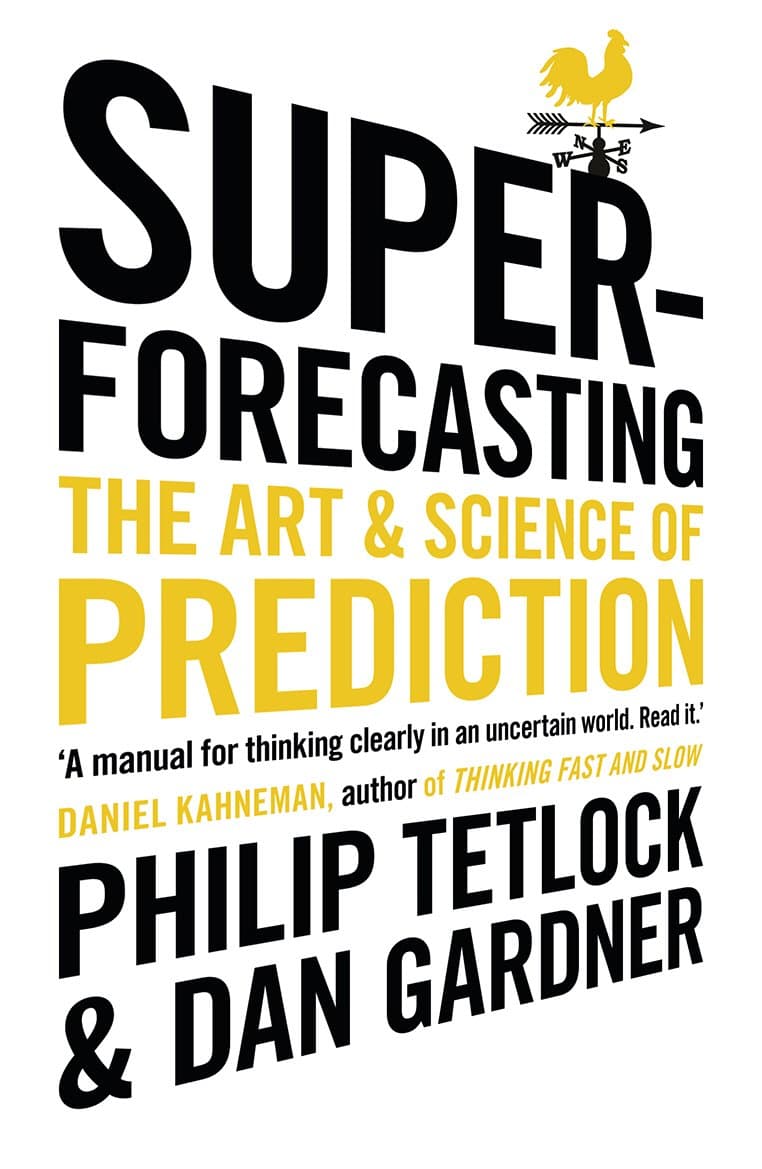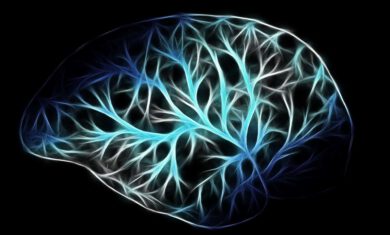I recently read the book “Superforecasting“, which shared the stories and processes of those that are able to make predictions far better than most people can.
While there is a lot of nuance in the book, and it’s well worth reading, one theme that came up over and over was that the best forecasters never stopped doubting themselves. Even for things they fully believed, they’d push at the edges over and over to make sure they were right (or change their mind if they were wrong).
The title of this post comes from this snippet in the book:
“Consensus is not always good; disagreement not always bad. If you do happen to agree, don’t take that agreement—in itself—as proof that you are right. Never stop doubting.”
There are a lot of things that you and I believe that are probably 100% correct, but it’s impossible to know which ideas are right and which are wrong. Always look for ways to disprove yourself and therefore make yourself smarter going forward.
This next quote from the book reminds me of how many of us cling to things like political ideals or smartphone alliances:
“For superforecasters, beliefs are hypotheses to be tested, not treasures to be guarded.”
Many people hold things like politicians (and smart phones, and automakers, and many other things) as “treasures to be guarded” and don’t often give them a deep look. The smartest people change their mind quite often (including the superforecasters in this book), so don’t hold too tightly to those treasures.
Lastly, the book talks about how medicine around the world had stagnated for decades, largely because doctors assumed they knew it all:
“It was the absence of doubt—and scientific rigor—that made medicine unscientific and caused it to stagnate for so long.”
The prime example of that was doctors refused to wash their hands between patients as late as the mid-1800s because they “knew” that it didn’t matter. That particular example lead to the idea of the “Semmelweis reflex“, which is the “reflex-like tendency to reject new evidence or new knowledge because it contradicts established norms, beliefs, or paradigms.“
It’s much easier said than done, and I certainly struggle with it a lot, but doubting your own beliefs and frequently testing them accuracy is the best way to be right in the long run.




